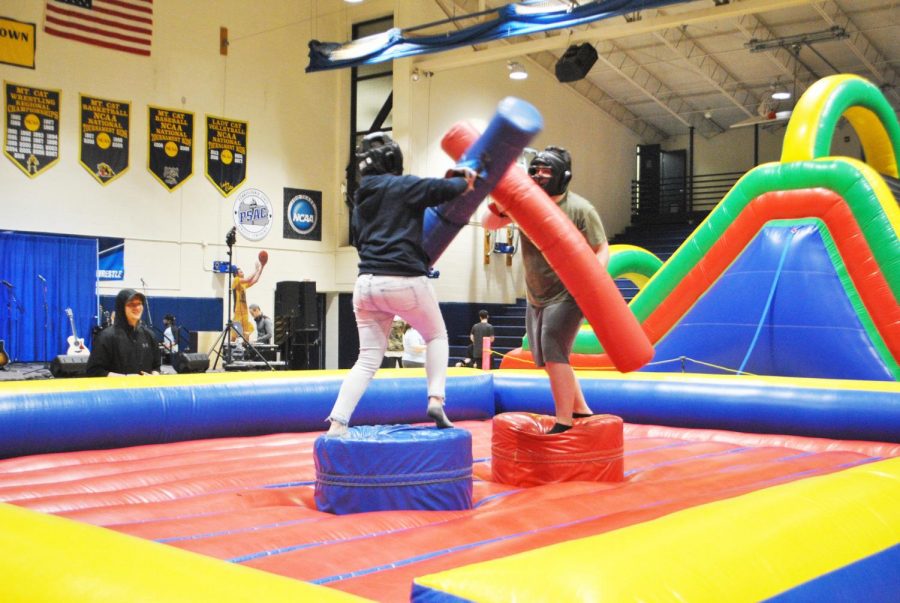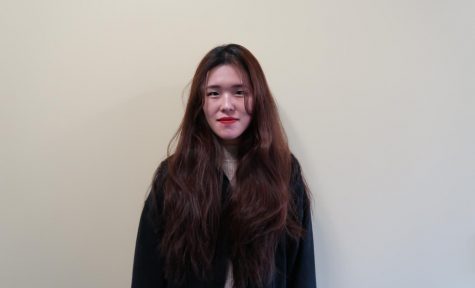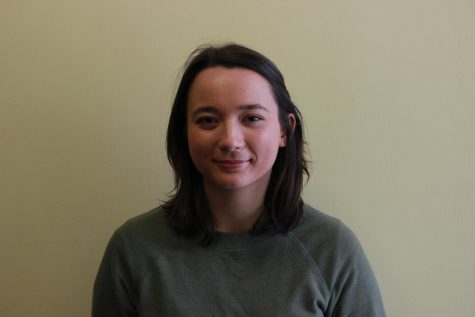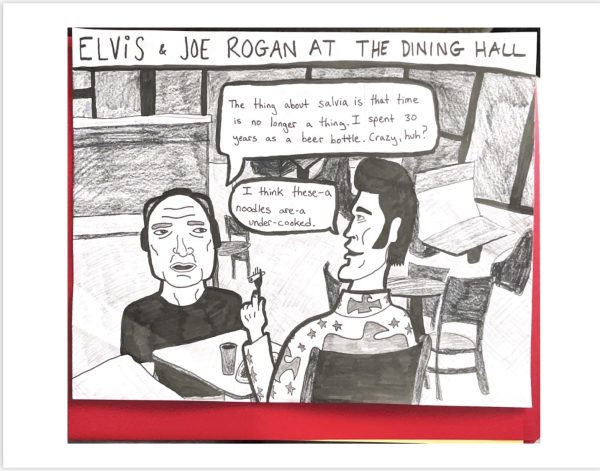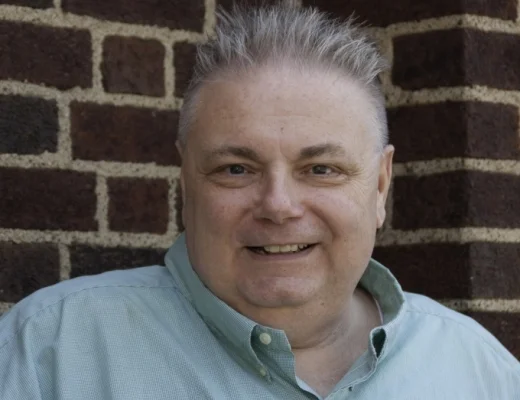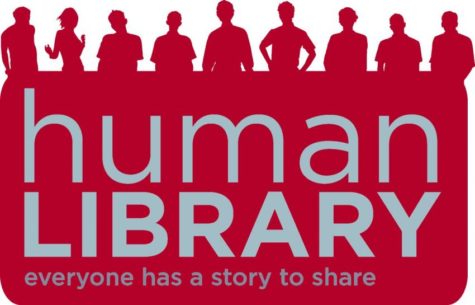Fast-track student lists benefits here
Junior Kayla Johnson and senior Patrick Thomas competed in an inflatable combat arena Friday at Program Board’s block party.
April 17, 2019
Staring at the screen filled with computer code, the heavy dark circles under Qu Bohan eyes belied an exhaustion.
Being accepted into graduate school was just the beginning.
Qu, a computer science and math dual major student who graduated from Pitt-Johnstown last spring, is now a graduate student getting his Master’s in computer science at Columbia University in New York City.
“I’m on spring break, and my professor is still bombarding me with emails about my research.
“I’m so worn out,” Qu said.
Qu said he graduated from one of the best high schools in China, and he graduated from Pitt-Johnstown in three years with two degrees and a perfect GPA.
“It wasn’t a good year for my class. There was much negative news abou Asian applicants. Many of my (high school) classmates went to mediocre undergraduate schools, but (were) accepted to Ivy League schools for graduate schools.
“But, the main reason I came (to Pitt-Johnstown) was because I didn’t do well on my standardized tests.
“I wasn’t accepted to Pitt-Oakland, so they sent me here. I stayed because of the environment and the scholarship,” he said.
Unlike some international students who used Pitt-Johnstown as a stepping stone to Pitt-Oakland, Qu said that he appreciated Pitt-Johnstown’s small campus.
“(Pitt-Johnstown) has all the advantages of a small campus. Unlike in Columbia (University) where some classes have over 200 people, the smaller class sizes at Pitt-Johnstown allowed the professor to pay attention to everyone.
“Especially for undergraduate students in larger schools, many of the classes are taught by teaching assistants, whereas classes here are mostly taught by professors. Teaching assistants are, after all, just graduate students.
“Also, professors are more accessible here. It’s almost impossible to find a professor after class in larger schools.
“My adviser at Columbia never responds to emails, nor was he ever in his office. I have to turn to the Ph.D. coordinator when I need help,” he said.
Another reason that Qu said he stayed at Pitt-Johnstown is that, if he relocated to Pitt-Oakland, he wouldn’t be able to graduate in three years.
“I decided to graduate in three years before I got here.
“I planned all the courses I had to take to graduate in my freshman year. And then I would go ask the professor ahead of time whether the course is going to be offered the following semester.
“And I took all my general education courses during my last year. Some of my major courses are offered only once a year or every two years, I had to get them out of the way if I wanted to graduate in three years,” he said.
Qu said he didn’t have much extra time outside of classes.
“I spent most of my free time doing homework. I would do more work than the professor expected.
“For example, if the professor wanted a one-page paper, I would write four pages.
“The more time you spend on studying, the more knowledge you gain. There’s no end to knowledge.”
Computer science professor Prasanna Joeg said Qu was a bright student.
“He would do extra readings outside the classroom and write more material than asked for.
“If we talked about something in class but didn’t have the time to go over it, that usually means it wouldn’t appear on the exam. But, he would still work on them on his own.
“He’s a sincere and hardworking student that teachers like,” Joeg said.
Qu said that he didn’t think that there was much stress here.
“The accomplishments of my high school classmates were the main source of stress for me.
“Every once in a while, one of them would get into a research program at Stanford University, or an internship at a famous company. That pressured me a lot,” he said.
Although he said he’s a little stressed out at Columbia University, Qu said that he doesn’t regret going there.
“I’m busy but in a good shape.
“I have been in New York City for over six months, and I didn’t have time to visit any of the sightseeing places.
“There’s so much I need to learn, and they have a high demand for knowledge in multiple different areas.
“However, what I’m learning there focuses more on new technology, and the application on industries.
“(The things I’m learning) are cutting edge, and the students are very motivated to learn more.
“I don’t think the quality of the students are better than Pitt-Johnstown, I think they’re just more motivated.
“Because they are more motivated to learn, they are able to learn more,” Qu said.
He said that what’s motivating him to move forward is the sense of crisis.
“Technology is moving at such a fast pace, I have to push myself to not get left behind.
“I’ve never thought about quitting, and I think most people here are the same.
“Studying in (Columbia University) costs a lot, I think that’s one of the reasons why some students take their lives than give up.
“The suicide rate is pretty high,” he said.
Qu said the only difference between Pitt-Johnstown students and Ivy League students, is that most Ivy League students know what they want, and they push themselves to work for it.
“It’s not that Ivy League students are necessarily smarter, they just work harder.
“If Pitt-Johnstown students push themselves just like those in top universities do, they will gain as much as Ivy League students do.
“I think the only advantage of being in a larger university in undergraduate school is the social connections.
“Other than that, smaller schools like Pitt-Johnstown have better learning environments, and they don’t have to worry about socializing.
“Before you complain about Pitt-Johnstown, always remember that it’s still a university.”

